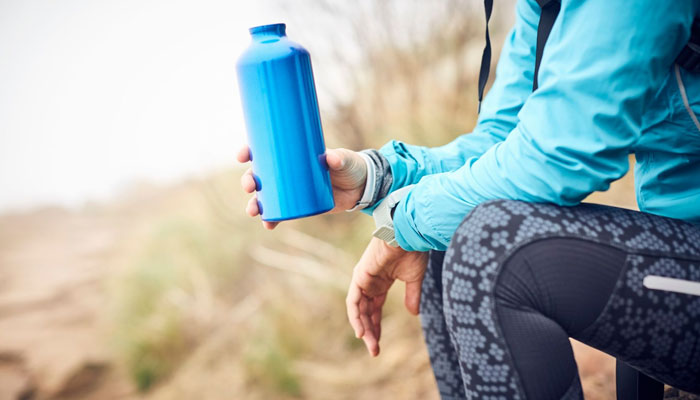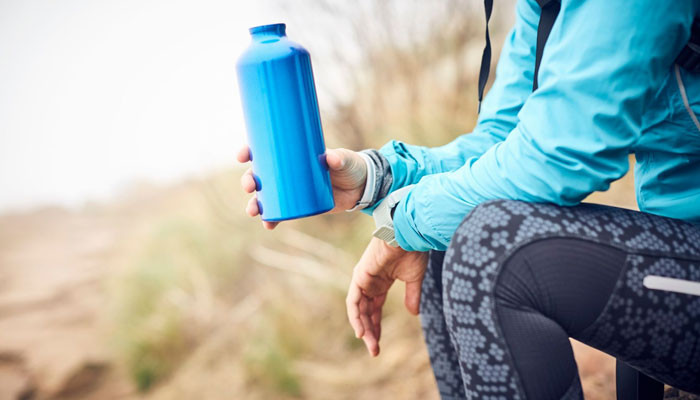
Reusable water bottles can contain more germs than the average toilet seat.
A team of American researchers thoroughly cleaned water bottles with different lids 3 times and then tested them, found 2 types of bacteria, one gram-negative rod (gram-negative rods) and the other bacillus ( bacillus).
According to the researchers, studies have also shown that gram-negative bacteria can cause rapid resistance to antibiotics and antibiotics, while certain types of bacillus cause gastrointestinal problems.
Researchers compared the cleanliness of reusable water bottles to other household items, finding that reusable bottles contained twice as much germs as kitchen sinks, as well as computers. There are 4 times more microbes than a mouse and 14 times more microbes than a pet’s drinking bowl.
According to the New York Post, Dr. Andrew Edwards, a molecular microbiologist at Imperial College London, says that the human mouth is home to a wide variety of bacteria, so it’s no surprise that drinking water bottles are full of microbes. be
However, according to the researchers, although the bottles can act as breeding grounds for large numbers of bacteria, this is not necessarily dangerous, as we have never heard of anyone getting sick from a water bottle.
Reusable water bottles can be contaminated by bacteria that are already in people’s mouths.
The researchers recommend washing the reusable bottle with warm soapy water at least once a day and cleaning it at least once a week.
setTimeout(function(){
!function(f,b,e,v,n,t,s)
{if(f.fbq)return;n=f.fbq=function(){n.callMethod?
n.callMethod.apply(n,arguments):n.queue.push(arguments)};
if(!f._fbq)f._fbq=n;n.push=n;n.loaded=!0;n.version=’2.0′;
n.queue=[];t=b.createElement(e);t.async=!0;
t.src=v;s=b.getElementsByTagName(e)[0];
s.parentNode.insertBefore(t,s)}(window,document,’script’,
‘https://connect.facebook.net/en_US/fbevents.js’);
fbq(‘init’, ‘836181349842357’);
fbq(‘track’, ‘PageView’);
}, 6000);
/*setTimeout(function(){
(function (d, s, id) {
var js, fjs = d.getElementsByTagName(s)[0];
if (d.getElementById(id)) return;
js = d.createElement(s);
js.id = id;
js.src = “//connect.facebook.net/en_US/sdk.js#xfbml=1&version=v2.11&appId=580305968816694”;
fjs.parentNode.insertBefore(js, fjs);
}(document, ‘script’, ‘facebook-jssdk’));
}, 4000);*/



